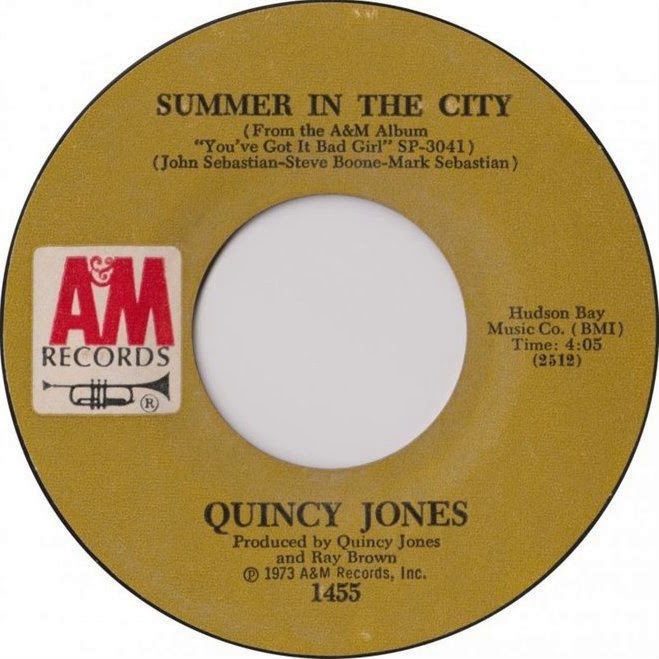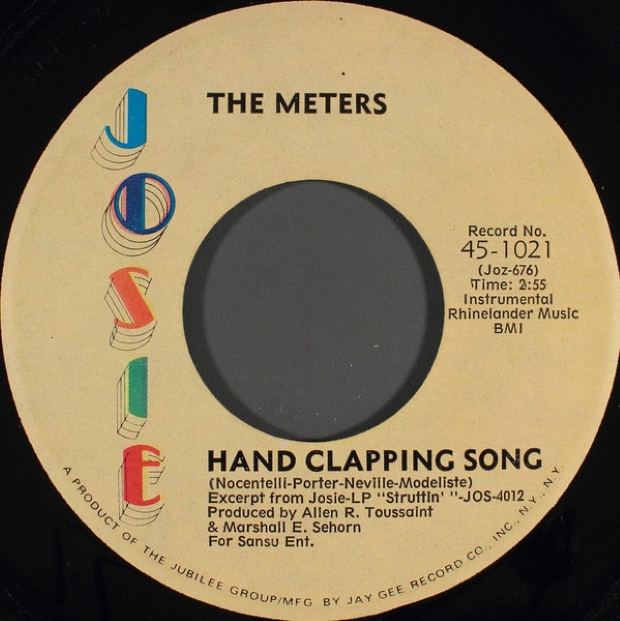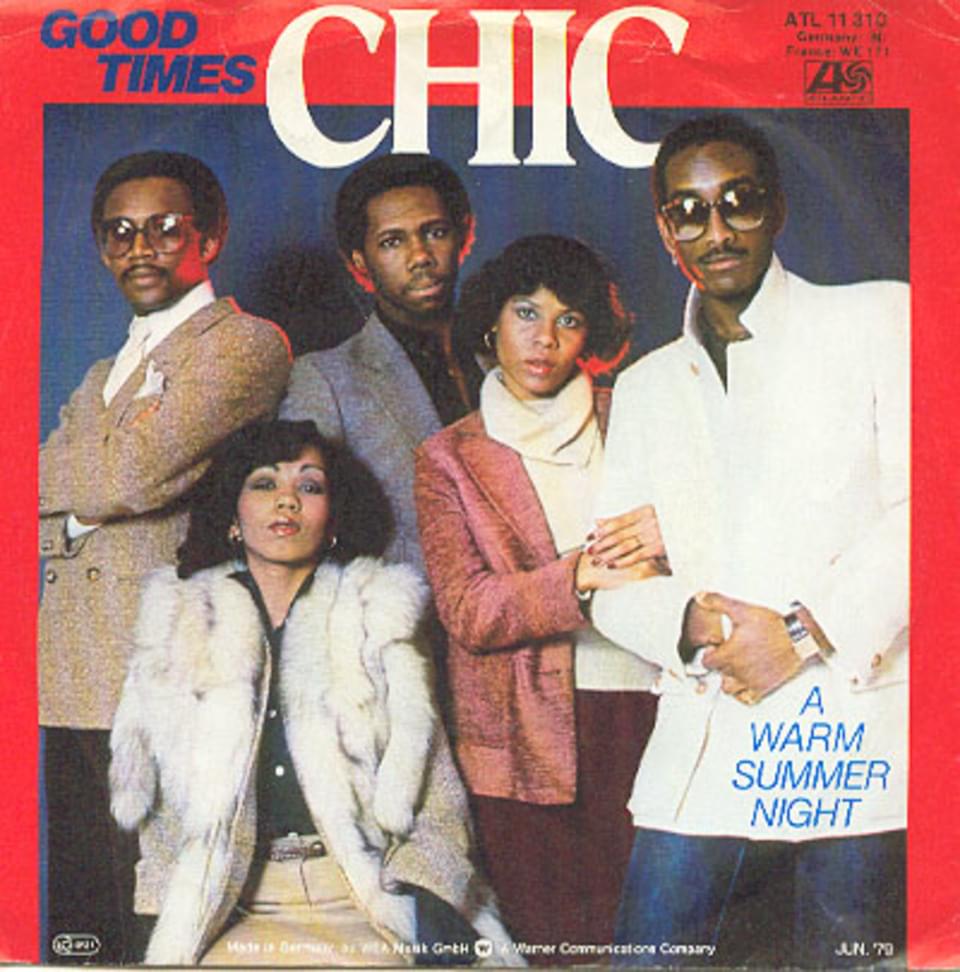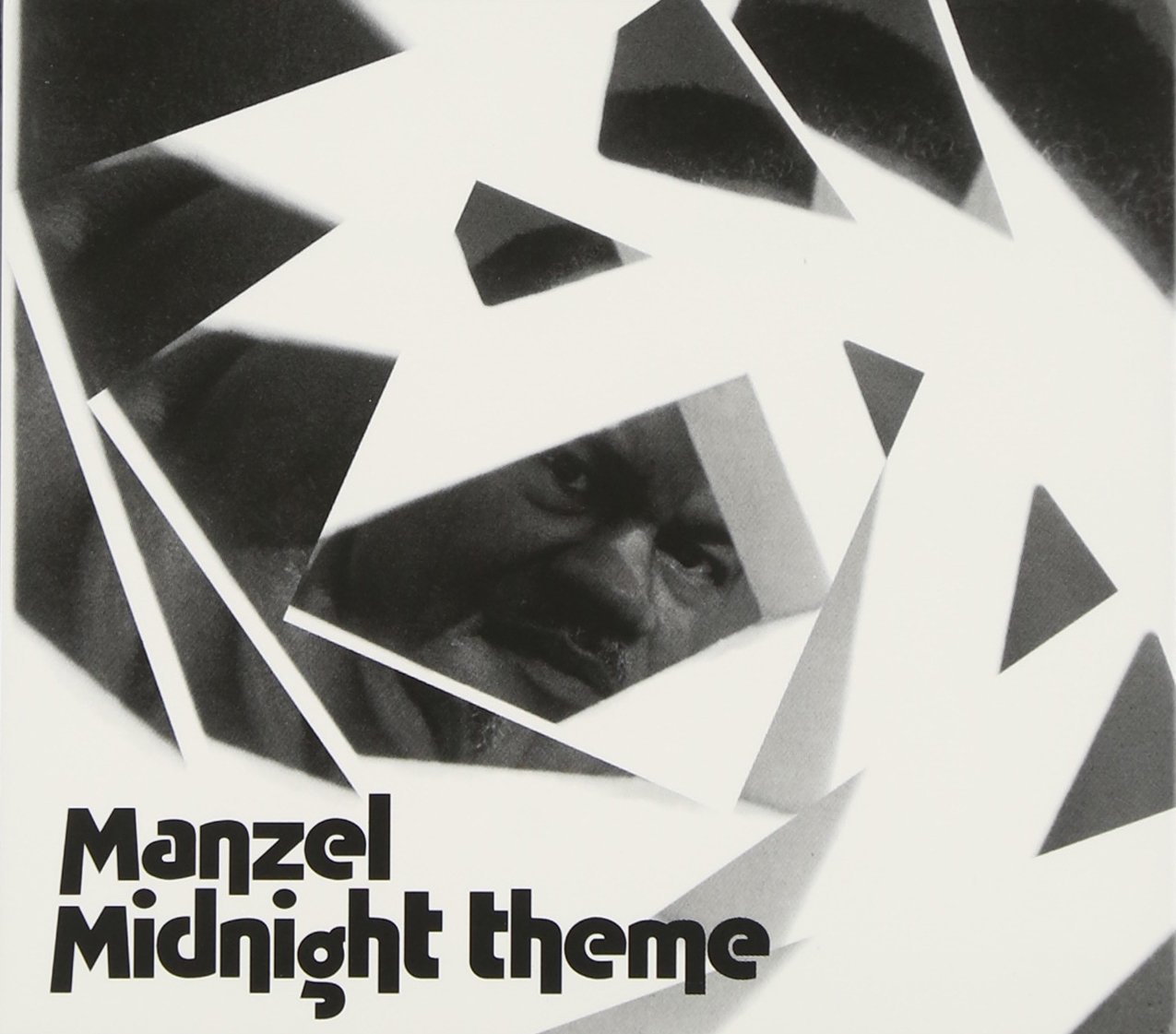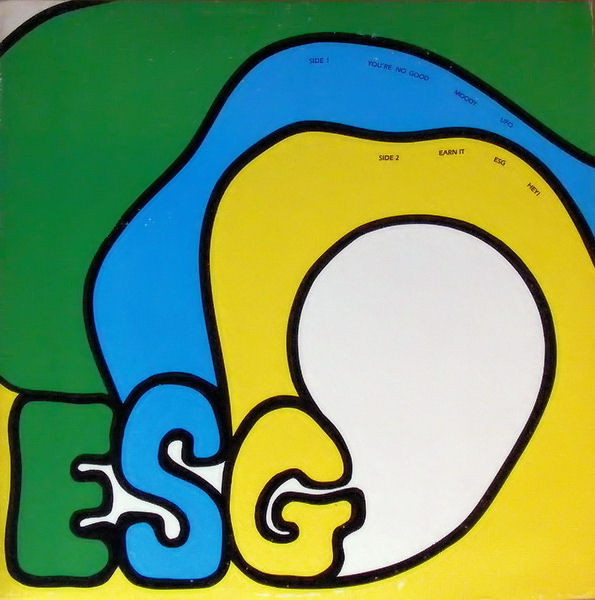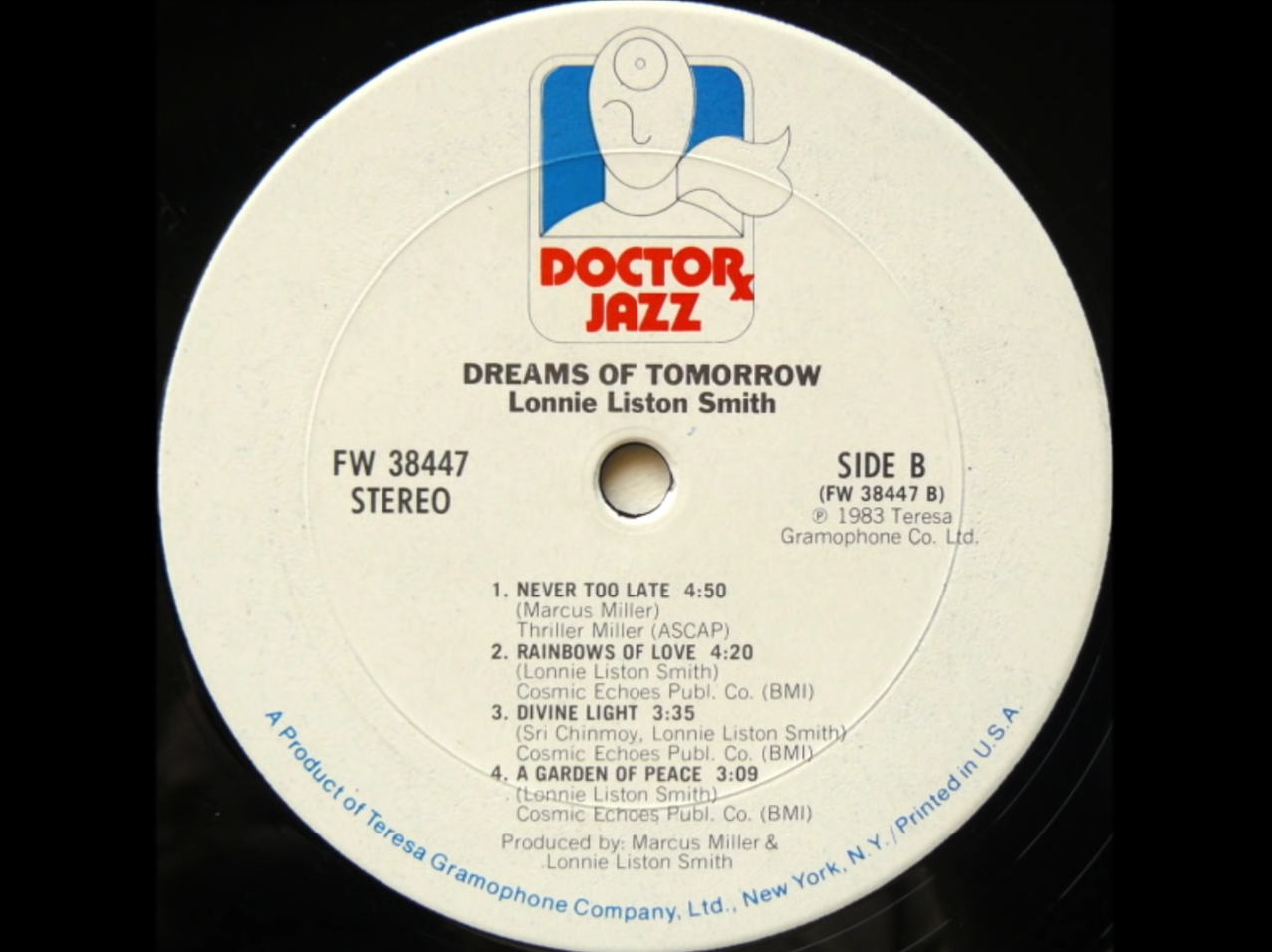Twenty-five years ago today, Beck dropped Mellow Gold and disappointed at least a few of my friends who were expecting to hear more songs like "Loser." I kinda don't blame them: "Loser" is one of the most miraculously strange Top 10 hits of the last quarter century, the culmination of Beck's anti-folk tendencies meeting up with a finely honed sense of songwriting that could be distinctly evocative and incoherently absurd at the same time.
The story behind "Loser" becoming one of post-Nirvana alt-rock's first big reckonings with its position relative to hip-hop is a funny one: Beck saw rap as a contemporaneous form to work with, something more vital than the ideas of Americana and bluegrass that didn't fit the early '90s LA or New York where he'd been honing his sound. But he was so embarrassed by the sound of his own attempts to sound like Chuck D that he came up with that chorus on the spot, and created a hook so definitive that thinkpiecers tried to give it a Generational Anthem stamp. Kanye riffed on it ten years later, too, which at least gave Beck a sorta-cosign, so there's that.
But the beat for the song is its own beast: Co-producer Karl Stephenson, who just a few years previous had done production work for the pre-Scarface/Willie D version of the Geto Boys, hit upon the idea to loop a slide guitar Beck played on another recording over a beat built around the opening drum break from Johnny Jenkins' cover of Dr. John's "I Walk On Gilded Splinters." That made it an easily accessible, instantly infectious slice of just-weird-enough music that didn't entirely prepare more unsuspecting listeners for the distorted, unnerving likes of "Mutherfuker" or "Steal My Body Home." But if those folks wanted another "Loser" or five, they could always find that break in all sorts of other places. Here are a few of them.
The Original: Johnny Jenkins, "I Walk On Gilded Splinters" (from Ton-Ton Macoute!, ATCO, 1970)
If you're cratedigging, you might run across an old LP copy of this Monterey International Pop Festival two-fer, where one side is the Jimi Hendrix Experience's set and the other is Otis Redding's. It might seem like a kind of random pairing beyond the idea that they were the two best sets from the entire festival, even if there were plenty of acts -- Isaac Hayes, Funkadelic, Sly & the Family Stone -- that met the psychedelic pioneer and the Southern soul icon halfway by the turn of the '70s. But if you want the most direct line possible between Jimi and Otis, look to Johnny Jenkins. Jenkins was the man who led Redding's old group the Pinetoppers and played guitar on Redding's first single for Stax/Volt, "These Arms Of Mine." And since he played his guitar left-handed and upside-down, he was a direct influence on Hendrix, and they played a few gigs together in the late '60s.
But Jenkins' solo debut Ton-Ton Macoute! -- released in 1970, the same year as that Otis/Jimi two-fer, and his only album for 26 years -- has another brush with fame that's added to its renown, making it nearly as famous in its own right as the 1968 Dr. John original it covers. If you've only heard the drum break, you've actually heard one or two percussionists -- drummer Butch Trucks, who kicks things off, and timbale player Jaimoe who joins in a few bars later -- who were integral to the Allman Brothers Band. Also integral? Duane Allman, who plays the dobro on this. Maybe that explains why a ton of the hip-hop tracks that sampled this, whether they were Southwestern gangsta (Geto Boys' "Gangster Of Love"), grimy underground weirdness (New Kingdom's "Mama and Papa"), or a dry run for hick-hop supremacy (Kid Rock's "Desperate Rado"), have this certain country-soul three-beers-in haziness to them.
The First Sample: Tuff Crew, "Bound To Ike" (from Danger Zone, Soo Deff, 1988)
But you know what track doesn't have that vibe? The first one to ever sample it, cut by a Philly-famous crew that benefited from an Ultramagnetic MC's cosign/beat on their '87 debut and shared stages with pretty much every notable rap group of the late '80s. Rappers Tone Love, L.A. Kidd, and Ice Dog, DJ Too Tuff, and beat-boxer/hypeman Monty G broke about as big as they'd ever get with 1988's Danger Zone, with their single "My Part Of Town" providing a sort of citywide street-rap anthem that crossed over where Schoolly D's hardcore gangsta tracks couldn't and hit a bit harder than DJ Jazzy Jeff & the Fresh Prince's often-comedic Top 40 ventures. "Bound To Ike" is a deeper, album-only cut, and it bumps enough to transcend its place in sampling history -- it kind of has to, since the beat's one of those more minimally-programmed, micro-fragmented samples from the early phase of beatmaking, and you might not even catch its source as readily as you might in tracks released just a year later. It's probably more notable on the production front for using a sample of the bassline to Dennis Edwards' "Don't Look Any Further" just a year after Eric B. & Rakim laid an ironclad (if interpolated) claim on it on "Paid In Full" -- something to think over if biting is more important to you than doing something before anyone else.
The Early Sample: The Cure, "A Forest (Tree Mix)" (from "A Forest" 12", Fiction Records, 1990)
And while we're on the topic of samples that are hard to pick out, here's a remix of the Cure's "A Forest" (a recurring theme when it comes to musical recontextualizations, apparently) that drops the "Gilded Splinters" break in somewhere but doesn't actually play its hand unless you know to look for it. Mark Saunders, who had a busy stretch in the late '80s that included co-producing Neneh Cherry's "Buffalo Stance" and doing all sorts of remixes for the likes of Erasure and Depeche Mode, had a major role in creating extended remixes for the Cure's Disintegration singles and parlayed that into taking on their back catalogue, too, including 1982's "Let's Go to Bed" and 1983's "The Walk." "A Forest (Tree Mix)" is the best of them all, though, pulling off the neat stunt of making an already driving track sound that much more motorik. Saunders polishes it up enough to make it just a touch more in keeping with college radio after a decade's worth of trends and technological developments, but otherwise leaving the original track's jaggedness in a space that can be traced to the sound and spirit of a post-punk 1980 without actually being bound to it. (It doesn't even sound like a 10-year-old song now.) If you're looking for the drum break, apparently pieces of it are dropped in around the 2:10 mark, but by that point I wouldn't blame you if you're too busy soaking in just how great the retrofitted Simon Gallup bassline sounds.
The Breakthrough Sample: Beastie Boys, "Pass the Mic (Pt. 2, Skills to Pay the Bills) (from "Pass The Mic" 12", 1992)
Less than a year before Beck's original "Loser" single dropped on Bong Load Custom Records, his erstwhile conspirators in white alt-culture/art-wiseass rap and/or Dust Brothers collaboration put out a remix of their Check Your Head cut "Pass the Mic" that I kinda-sorta-more-or-less prefer to the original. Part of that's the "Gilded Splinters" break, which didn't sound this wide-open and arena-filling before or since unless you count the Jenkins track itself. It sounds a bit less vertigo-inducing and punk-as-fuck with a less prominent "Big Sur Suite" bassline and an omitted "Big Takeover" riff (though no less, well, big), and even if that doesn't make the track feel as dunk-on-you-in-Chuck-Taylors aggro, it's still got enough oomph to make me forgive that line where Mike D rhymes "commercial" with itself. (The Funkadelic sample doesn't hurt.)
The Weirdo Sample: Wu-Tang Clan, "Gun Will Go" (from 8 Diagrams, Universal Motown, 2007)
https://youtube.com/watch?v=QnOsG0mvEUA
So ... did anyone actually sample anything besides that opening drum break from the record? The answer is "The RZA" under "yes, with a but" conditions. I give this one the Weirdo nod because it's one of those things where a potentially wild and unusual and amazing flip is introduced in a way that could easily carry a track's hook if not the whole thing front-to-back; lifting a bit from around two minutes in on the Jenkins track where the background vocals belt "get it burn it" while Jenkins' guitar saws away in the background is the kind of twisted-nerve loop RZA could build a temple around. But then it recedes completely into a less outlandish beat, something more like a minimal R&B meditation in keeping with RZA's own later-period self-composed keyboard/live band material. We never really hear that Jenkins sample again until the end, at which point a crackly, faded, Victrola-fidelity loop of the horn riff to Baby Huey's "Listen To Me" flicks ashes all over it.
The Recent Sample: NehruvianDOOM, "Caskets" (from NehruvianDOOM, Lex, 2014)
If Metal Fingers wants to drop it in as an interlude, though, sure, why not -- the rest of the track's built to let it work, with a beat heavy on soul synths stretched thin like heat-warped plastic until you can't tell if they're supposed to emulate an organ or a string section. "Gilded Splinters" drops in on the second half of this DOOM/Bishop Nehru collab like it's some sort of beat-suite, an old habit of the villain-as-producer where something that feels like it might be a skit finds its way into the track proper anyways and works as well as music as it does as a perplexing interlude. Considering how he melds the breaks to a loop of a Miles Davis/Charlie Parker collab -- or, more specifically, Duke Jordan's piano -- to A+ beatnik headnod effect, I figure it's a success.

